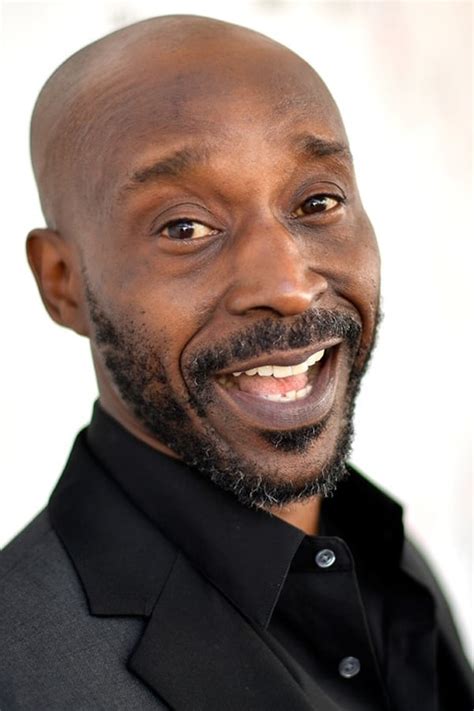A Quote by Rob Morgan
Being a black male in the Deep South after World War II, you could actually come home in your uniform and be lynched on the spot or be connected to some horses and buggies and dragged on the street in front of your wife and children.
Related Quotes
I think in many ways, the Spanish Civil War was the first battle of World War II. After all, where else in the world at this point did you have Americans in uniform who were being bombed by Nazi planes four years before the U.S. entered World War II? Hitler and Mussolini jumped in on the side of Francisco Franco and his Spanish nationalists, sent them vast amounts of military aid, airplanes, tanks - and Mussolini sent 80,000 ground troops as well - because they wanted a sympathetic ally in power. So I think it really was the opening act of World War II.
What could you do better for your children and your children's children than to record the story of your life, your triumphs over adversity, your recovery after a fall, your progress when all seemed black, your rejoicing when you had finally achieved? Some of what you write may be humdrum dates and places, but there will also be rich passages that will be quoted by your posterity.
I beg of you, you who could and should be bearing and rearing a family: Wives, come home from the typewriter, the laundry, the nursing, come home from the factory, the cafe. No career approaches in importance that of wife, homemaker, mother -- cooking meals, washing dishes, making beds for one's precious husband and children. Come home, wives, to your husbands. Make home a heaven for them. Come home, wives, to your children, born and unborn. Wrap the motherly cloak about you and, unembarrassed, help in a major role to create the bodies for the immortal souls who anxiously await.
Men's magazines in the period immediately after World War II were almost all outdoor-oriented. They were connected to some extent in the male bonding that came out of a war... And what I tried to create was a magazine for the indoor guy, but focused specifically on the single life: in other words, the period of bachelorhood before you settle down.
It's very important to understand that World War II is at the base of this new policy. From the 1890s on, the U.S. was always imperialistic. We went after the Philippines, and we did the same in Cuba, in Hawaii. We controlled South America. Woodrow Wilson was not what he was supposed to be. He was very much a white man first. "The world must be made safe for democracy." It really accelerates after World War II.
Slavery remained in the Deep South by other names - in prison programs with charges over nothing and eternal debt that threatened every African-American in the South right up through World War II. And that was after killing three-quarters of a million people, destroying cities, and creating hostility that exists to this day over the the Confederate flag and the racism it symbolizes, all brewing out of bitterness over a war that didn't have to happen.
I actually thought that the idea of doing a World War II movie in the guise of a spaghetti western would just be an interesting way to tackle it. Just even the way that the spaghetti westerns tackled the history of the Old West, I thought it could be a neat thing to do that with World War II, but just as opposed to using cowboy iconography, using World War II iconography as kind of the jumping-off point.


































